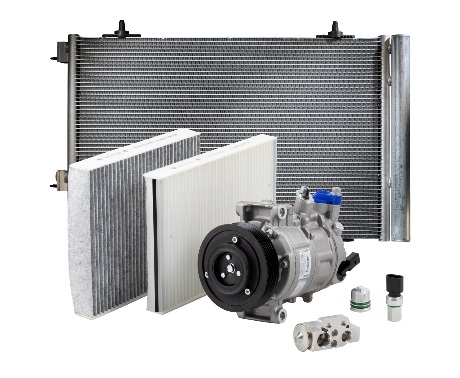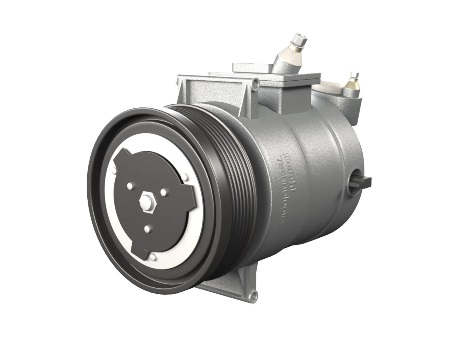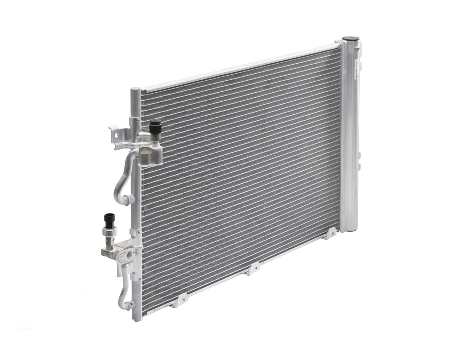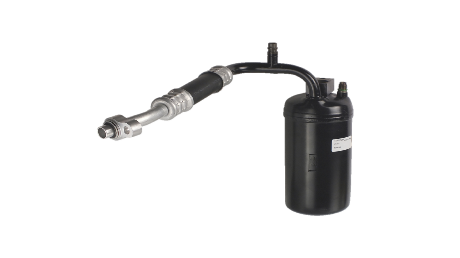Cabin Air Filters

High-performance media
All our cabin air filters use a high-performance, non-woven fabric to eliminate dust, pollen, bacteria and exhaust particles, amongst others. The specially designed filter fabric contains up to five individual layers, removing near 100 percent of harmful pollutants.
Enhanced protection
Over time moisture can build up in the filter and become a feeding ground for bacteria and mould. This can then spread into the lines of the HVAC system, where it emits unpleasant odours. For the ultimate protection from this and other pollutants, we also offer a range of carbon activated filters. Our carbon activated filters feature the same high quality, non-woven fabric as our particle filters, with the addition of a layer of activated carbon. Sandwiched between two layers of fleece, this highly effective technology removes more pollutants than standard filters, and expels nasty gases and smells too.
The Delphi Difference
-
100 years of OE experience, supplier to the world’s top automakers
-
OE heritage and knowledge built into every aftermarket part
-
Comprehensive portfolio for a wide range of vehicles and model years
-
Streamlined SKUs for easy inventory management
-
Support through tools, tips and training

Related product resources and downloads
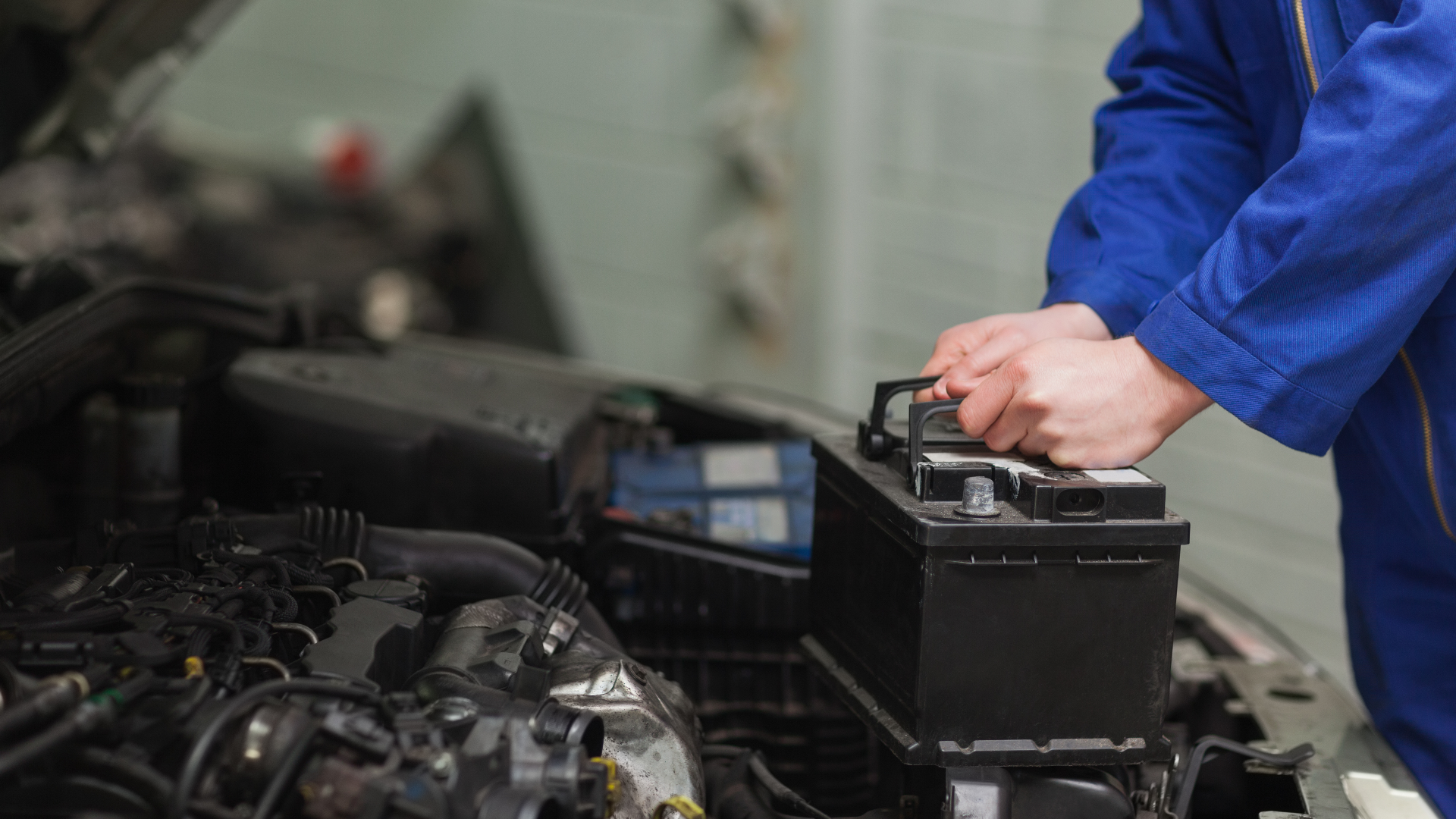
Resource Highlights
In this article you will find out about air-con regassing and what this means for your vehicle.
Did you know your car can lose up to 10 percent refrigerant per year? With less refrigerant, your car’s air con or air conditioning (A/C) system, won’t be as efficient in cooling the inside of your vehicle.
It also means your engine will have to work harder, using more fuel and creating more emissions. Because of this, it pays to have your refrigerant topped up regularly by a qualified technician.
Here we explain why:
How do I know if my air-con needs regassing?
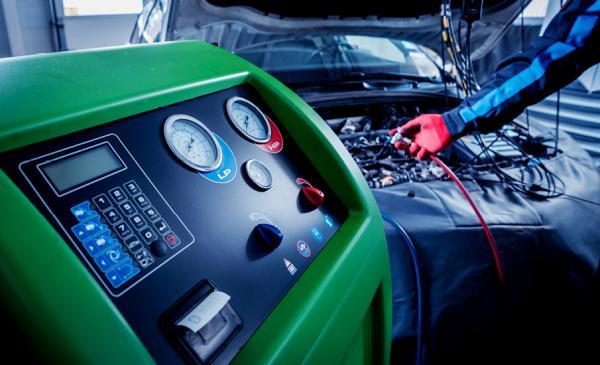
Checking your refrigerant levels is easy. Simply set the temperature to minimum and the fan speed to maximum. If the air blows ice cold, then everything is working as it should. If not, your refrigerant may need topping up, a process known as air con regassing or recharging. Of course, if you’re not sure, have a specialist check for you – more often than not they will offer a free check.
How often should I get my air-con regassed?
Most manufacturers recommend you service your car’s air-con as a minimum every two years. Yet because it’s not included as part of a routine schedule, this is often overlooked, until you crank up your air con a hot summer’s day and the system blows luke warm. So, if you haven’t had your A/C serviced in the past two years, now is the time to do so.
What happens if I don’t regas my air-con system?
Over time your A/C system will work a lot less efficiently, putting more strain on your engine and, in turn, using more fuel. Within just one to two years, you will likely notice a significant decline in cooling performance and, in winter months, an increase in the time it takes to demist your windshield. It could also cause damage to other parts of the A/C system -- and with that unnecessary, and potentially, expensive repair bills.
What happens during an air-con regas?
In short, the technician will remove the old refrigerant, measure it and then replace or ‘recharge’ it with the correct amount of new refrigerant, as recommended by the vehicle manufacturer. Prior to recharging, they will also vacuum the system to remove any excess moisture and air – one of the biggest causes of premature A/C failure.
Why should I use a qualified garage?
Today’s A/C systems are designed to operate with a precise amount and type of refrigerant gas. Too little and your vehicle’s cooling performance will be compromised. However, too much, and it could cause damage to the compressor, one of the most important parts of the A/C system. So while it might be tempting to buy a cheap do it yourself (DIY) kit – do not. Only qualified technicians have the right skills and equipment to do this properly. Although this might cost you a little more initially, it will certainly save you money in the long run; ensuring your A/C system is operating at its best for longer.

Visit our Technician Library for access to Documents and Downloads
Get in touch
The full Delphi Air Conditioning product range
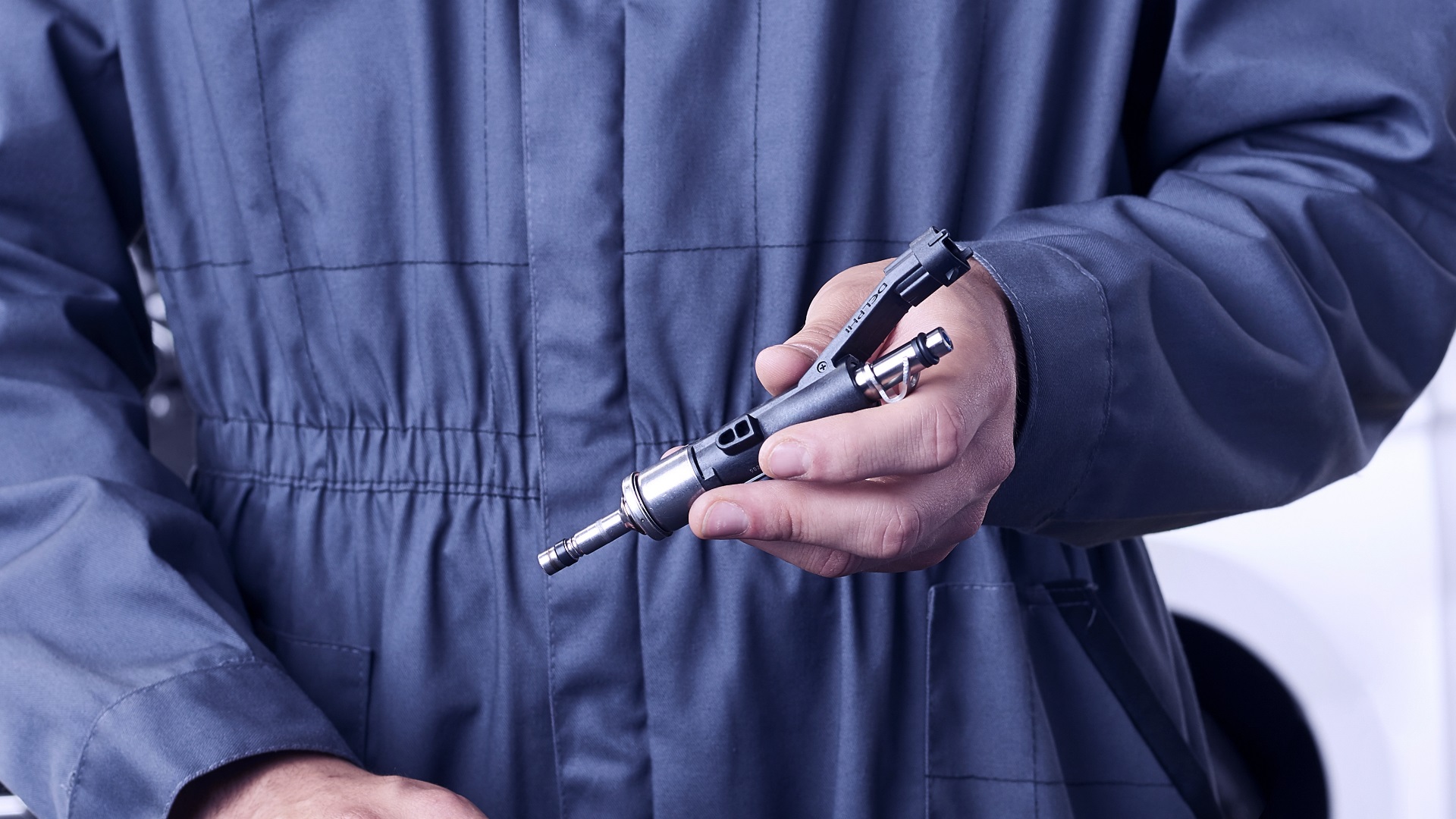
Find out where to buy Delphi parts

.tmb-460w.jpg?Culture=en-GB&sfvrsn=c70917c0_6)
